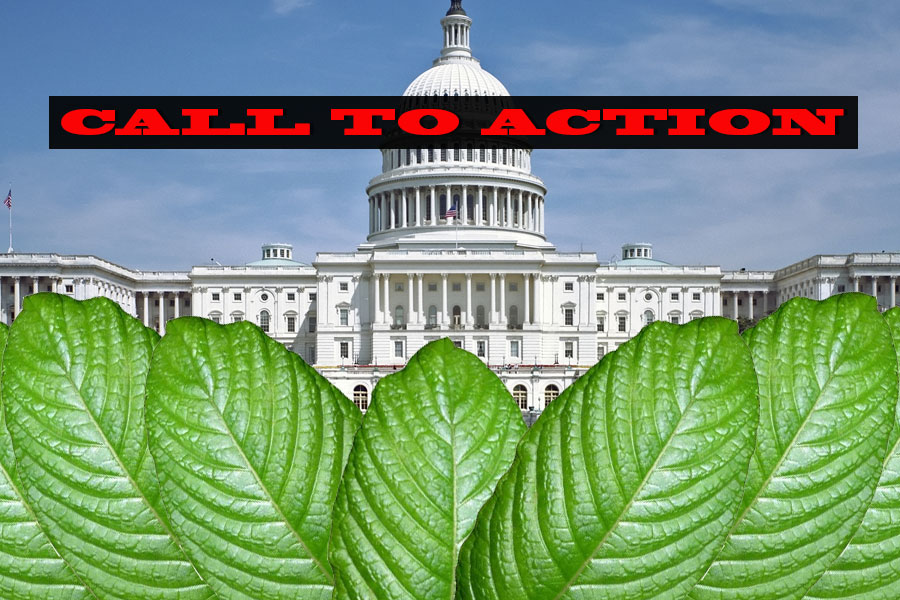dear colleague letter Pocan Member of Congress
All Members of Congress – both U.S. Senators and U.S. Representatives – may be reached through the Capitol switchboard at: (202) 224-3121
The following Members should be contacted immediately via in person meetings, phone calls, emails and letters: ask them to sign the dear colleague letter Pocan Member of Congress
SENATORS
Honorable Orrin Hatch, Utah (Chairman, Senate Finance Committee)
Honorable Ron Wyden, Oregon (Ranking Members, Senate Finance Committee)
Honorable Mike Lee, Utah
Honorable Charles Grassley, Iowa (Chairman, Senate Judiciary Committee)
Honorable Patrick Leahy, Vermont (Ranking Member, Senate Judiciary Committee)
REPRESENTATIVES
Honorable Jason Chaffetz, Utah 3rd District (Chairman, Oversight & Government Reform Committee)
Honorable Elijah Cummings, Maryland 7th District (Ranking Member, Oversight & Government Reform Committee)
Honorable Tim Murphy, Pennsylvania 18th District (Chairman, Subcommittee on Oversight & Investigations, Committee on Energy & Commerce)
Honorable Diana DeGette, Colorado 1st District (Ranking Member, Subcommittee on Oversight & Investigations, Committee on Energy & Commerce)
Honorable Robert Goodlatte, Virginia 6th District (Chairman, Judiciary Committee)
Honorable John Conyers, Michigan 13th District (Ranking Member, Judiciary Committee)
Dear Colleague Letter
PREVENT DRUG ENFORCEMENT AGENCY OVERREACH AND PRESERVE CONSUMER ACCESS TO NATURAL HERBAL SUPPLEMENT KRATOM
Join Rep. Mark Pocan in Urging the Office of Management and Budget and the Drug Enforcement Agency to Delay Final Action Listing Kratom as a Schedule I substance under the Controlled Substances Act
Deadline Tuesday September 20th COB
Dear Colleague:
I invite you to join me in sending a bipartisan letter to the Drug Enforcement Agency to encourage more research into the natural supplement, Kratom. Kratom (Mitragyna speciosa) is made from the leaves of a tropical tree native to Southeast Asia and a relative of the coffee plant. Kratom leaves are often brewed like a tea, or crushed and mixed with water. In the U.S., kratom has become popular among people coping with chronic pain and others trying to wean themselves off opioids or alcohol.
The main chemical is mitragynine. It binds to some of the same receptors as opioids, providing some pain relief and a calming effect, but, not the same high. And the chemical doesn’t cause the same, sometimes deadly, side effects as opioids, such as respiratory depression.
On August 31, the Drug Enforcement Agency published a “notice of intent” in the Federal Register stating its plan to list the herb as a Schedule I substance, the most restrictive category, alongside heroin and LSD, effective September 30th with no opportunity for a public comment period.
The National Institutes of Health has funded a joint study conducted by the University of Massachusetts and the University of Mississippi to investigate the use of kratom as a remedy for opioid withdrawal. This study led the researchers to apply for a patent identifying the kratom extract, mitragynine, as a useful treatment for other addictive drugs besides opiate derivatives. The DEA’s decision to place kratom as a Schedule I substance will put a halt on federally funded research and innovation surrounding the treatment of individuals suffering from opioid and other addictions—a significant public health threat.
The letter asks the Director of OMB and Acting Director of the DEA to delay a final decision on the placement of Kratom as a schedule I, provide ample time for public comment on this significant decision, and resolve any inconsistencies with other Federal Agencies regarding the use of Kratom.
Please join me in this effort to prevent the DEA from regulatory overreach and restricting consumer access to this natural herbal supplement. If you have questions or would like to sign on to the letters, please contact Leslie Zelenko in Rep. Mark Pocan’s office at 202-225-2906 or Leslie.Zelenko@mail.house.gov.
Sincerely,
Mark Pocan
Member of Congress
The Honorable Charles P. Rosenberg Administrator (Acting) Drug Enforcement Administration Lincoln Place-West 700 Army Navy Drive Arlington, VA 22202
September X, 2016
Dear Acting Administrator Rosenberg:
We write with concern about your agency’s proposed regulatory decision to utilize section 201 of the Controlled Substance Act (CSA) to temporarily place Mitragynine and 7-Hydroxymitragynine, more commonly known as Kratom, into schedule I of the CSA. We urge your agency to delay a final decision on the placement of Kratom as a schedule I, provide ample time for public comment on this significant decision, and resolve any inconsistencies with other Federal Agencies regarding the use of Kratom.
As our nation continues to combat the public health crisis of opioid abuse, the federal government has invested significant resources to develop alternative pain management strategies. This includes a study funded by the National Institutes of Health in partnership with the University of Massachusetts and the University of Mississippi to investigate the use of Kratom as a remedy for opioid withdrawal. This study led the researchers to apply for a patent identifying the Kratom extract, mitragynine, as a useful treatment for other addictive drugs besides opiate derivatives. The DEA’s decision to place Kratom as a Schedule I substance will put a halt on federally funded research and innovation surrounding the treatment of individuals suffering from opioid and other addictions—a significant public health threat.
DEA’s Federal Register notice posted on August 31, 2016 proposes placing Kratom in the most restrictive category- schedule I- within 30 days. This significant regulatory action was done without any opportunity for public comment from researchers, consumers, and other stakeholders. This hasty decision could have serious effects on consumer access and choice of an internationally recognized herbal supplement.
We urge the DEA to delay finalizing the decision to define Kratom as a schedule I substance under the Controlled Substances Act and to engage consumers, researchers, and other stakeholders, in keeping with well-established protocol for such matters. A departure from such guidelines threatens the transparency of the scheduling process and its responsiveness to the input of both citizens and the scientific community. We look forward to your timely response.
Sincerely,
The Honorable Shaun Donovan Director Office of Management and Budget 725 17th Street, NW Washington, DC 20503
September X, 2016
Dear Director Donovan:
We urge you to use your statutory authority to require the Drug Enforcement Agency (DEA) to delay their proposed regulatory action to temporarily place Mitragynine and 7-Hydroxymitragynine, more commonly known as Kratom, into schedule I of the Controlled Substances Act (CSA), until there is sufficient opportunity for public comment and Federal Agencies to work out discrepancies between them in terms of their understanding of the use of Kratom.
The DEA published their notice of intent in the Federal Register on August 31, 2016, only 30 days before they plan to finalize this decision to place this substance in the most restrictive classification under CSA. The Agency did not provide any public comment process for this significant regulatory decision, which will restrict consumer choice and access to internationally recognized herbal product. We believe the Office of Information and Regulatory Affairs (OIRA), under your jurisdiction, must utilize its statutory authority to manage and oversee this specific regulatory action to ensure the DEA is not violating federal law.
In the Federal Register notice to temporarily place Kratom as a Schedule 1 substance under the CSA, the DEA references that “available data and information for mitragynine and 7-hydroxymitragynine indicate that these substances have a high potential for abuse, no currently accepted medical use in treatment in the United States, and a lack of accepted safety for use under medical supervision.” However, researchers at University of Massachusetts and the University of Mississippi received two National Institutes of Health (NIH) grants to investigate the use of Kratom as a remedy for opioid withdrawal. This led the researchers to apply for a patent identifying the Kratom extract, mitragynine, as a useful treatment for other addictive drugs besides opiate derivatives. The DEA’s decision to place Kratom as a Schedule I substance will put a halt on federally funded research and innovation surrounding the treatment of individuals suffering from opioid and other addictions—a significant public health threat.
Due to the short time frame provided by the DEA’s decision, we urge your agency to immediately utilize your statutory authority and delay the process to place Kratom in schedule I
until sufficient public comment is received and inconsistencies between Federal Agencies view of the product are addressed. We look forward to your timely response.
Sincerely,






